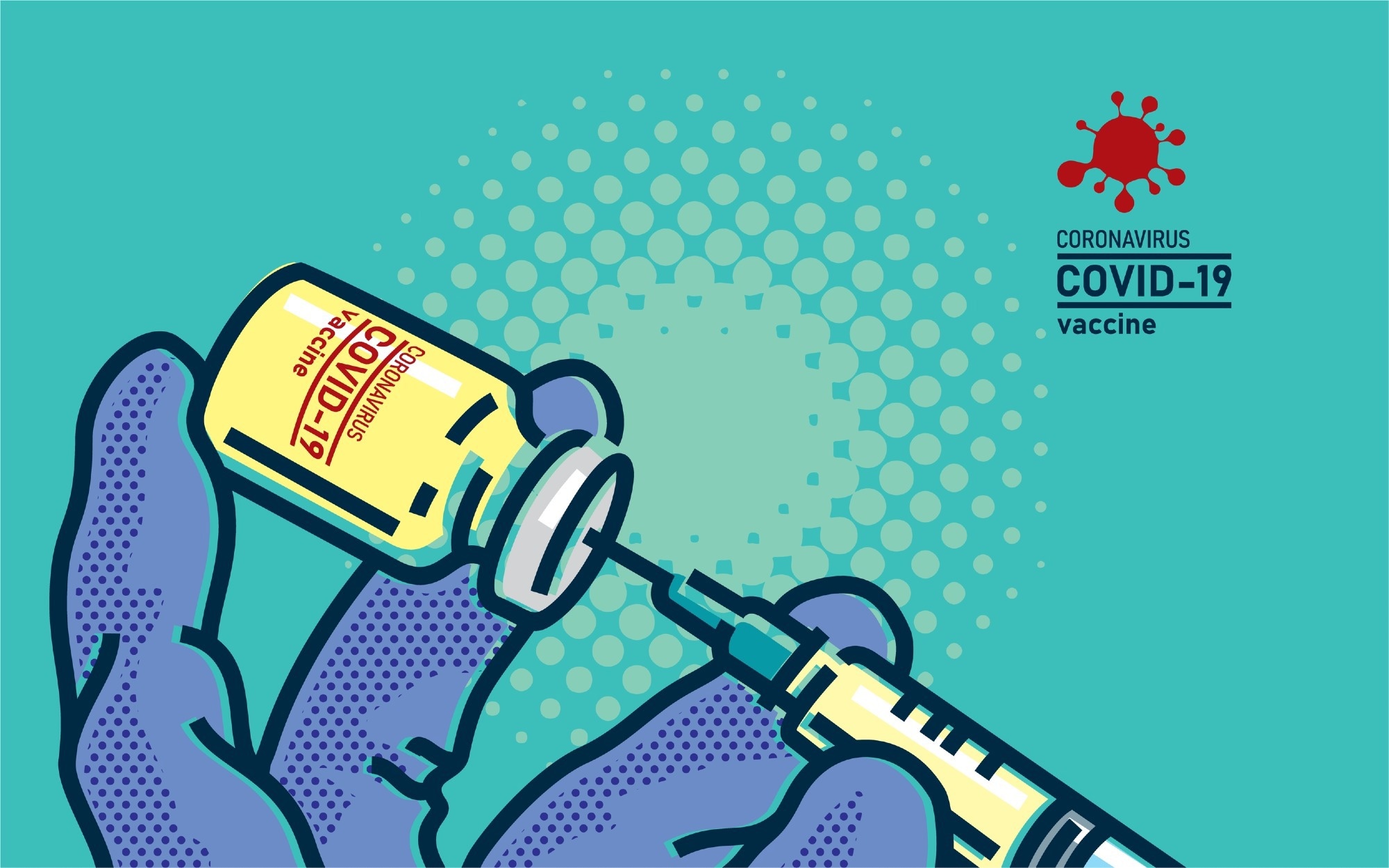Moderna's updated COVID-19 vaccine for Autumn 2023 outperforms in cost and clinical impact

In a recent study posted to medRxiv preprint* server, researchers at pharmaceutical and biotechnology company Moderna, Inc. estimated the economic and clinical impact of updated messenger ribonucleic acid (mRNA) vaccines for coronavirus disease 2019 (COVID-19).


The global health emergency of COVID-19 ended in May 2023, after 12 months of declining incidence of severe acute respiratory syndrome coronavirus 2 (SARS-CoV-2) infections. The Omicron (sub)variants and high population immunity due to infection and vaccination have resulted in significantly fewer cases of severe disease than at the start of the pandemic. The epidemiologic situation in Germany has shifted from a pandemic to endemic SARS-CoV-2 circulation.
With this transition, Germany updated COVID-19 vaccination guidelines, recommending primary vaccination for adults aged 18 or older, with annual variant-adapted boosters for older adults (≥ 60 years), high-risk populations, and medical personnel. COVID-19 vaccines have been modified as the virus evolved into mutant Omicron (sub)variants. The new bivalent vaccines contain antigens of the ancestral SARS-CoV-2 strain and Omicron BA.4/5 sub-variants.
However, as XBB sub-variants emerged, the bivalent vaccines were less effective, leading to the development of vaccines for an XBB sub-variant. The European Union (EU) has authorized two mRNA vaccines, Moderna’s mRNA-1273.815 and Pfizer’s XBB.1.5 BNT162b2 vaccines that encode the spike of the XBB.1.5 sub-variant, for active immunization in people aged 12 or older. The efficacy and safety of these two vaccines have been demonstrated in phase 3 trials.
About the study
In the present study, researchers modeled the clinical and economic impact of the mRNA-1273.815 vaccination in high-risk individuals aged 30-59 and older adults (≥ 60 years) in Germany. A previous susceptible-exposed-infectious-recovered (SEIR) model was adapted to examine the impact of mRNA-1273.8.15 vaccination.
A decision tree was used to estimate the numbers of COVID-19 outpatient visits, symptomatic cases, hospitalizations, deaths, societal and medical costs of vaccination, and quality-adjusted life-years (QALYs). The estimated cost-effectiveness and clinical outcomes of mRNA-1273.815 were compared with no vaccination and XBB.1.5 BNT162b2.
The simulation began with all individuals in the non-vaccinated state on January 31, 2020, who moved through the following vaccinated states – primary series and first, second, and third boosters. The mRNA-1273.815 vaccination was modeled for September to December 2023, regardless of the type or number of boosters received.
It was assumed that additional primary series/first booster and second/third booster doses were not administered after February 27 and December 21, 2022, respectively. Coverage and uptake of both updated mRNA vaccines were assumed to be the same as for influenza vaccine season during 2021-22 in Germany.
Both updated vaccines were considered as well-matched to the variant in circulation. Vaccine effectiveness (VE) of mRNA-1273.815 against infection and severe disease was assumed to be the same as that of Moderna’s monovalent and bivalent booster vaccine against BA.1/2 and severe illness, respectively.
The relative VE rates between Pfizer and Moderna’s bivalent vaccines estimated in a previous study were used to determine VE for XBB.1.5 BNT162b2. Base-case economic analyses were performed from a healthcare payer perspective. Additionally, a scenario analysis from the societal perspective, including lost productivity costs, was performed.
Findings
mRNA-1273.815 vaccination was associated with better clinical outcomes and lower costs than no vaccination. The model predicted 12.9 million symptomatic cases, 305,711 hospitalizations, and 11,125 deaths without vaccination between September 2023 and August 2024. However, mRNA-1273.815 vaccination would have reduced symptomatic cases, hospitalizations, and deaths by 13.1%, 27.9%, and 36.8%, respectively, relative to no vaccination.
The cost-effectiveness analyses revealed that the mRNA-1273.815 vaccination program was dominant in healthcare payer and societal base cases. Further, the mRNA-1273.815 vaccination program was associated with better clinical outcomes and lower costs than the XBB.1.5 BNT162b2 vaccination campaign.
mRNA-1273.915 vaccination would have prevented more than 90,000 symptomatic cases, 3,471 hospitalizations, and 157 deaths relative to XBB.1.5 BNT162b2 vaccination. The mRNA-1273.815 program was dominant from a healthcare payer and societal perspective and estimated to have lower total direct medical and indirect costs, with fewer QALYs lost, than the XBB.1.5 BNT162b2 vaccination.
Conclusions
The study found that mRNA-1273.815 vaccination would have prevented > 1.6 million symptomatic cases, > 85,000 hospitalizations, and > 4,000 deaths compared to no vaccination, and > 90,000 symptomatic cases, > 3,400 hospitalizations, and 157 deaths compared to XBB.1.5 BNT162b2 vaccination. Overall, the findings indicate that mRNA-1273.815 could be cost-effective compared to XBB.1.5 BNT162b2, offering more benefits and cost savings than no vaccination in Germany, with high societal returns on investment.

- Preliminary scientific report. Joshi K, Scholz S, Maschio M, et al. Clinical Impact and Cost-Effectiveness of the Updated COVID-19 mRNA Autumn 2023 Vaccines in Germany. medRxiv, 2023, DOI: 10.1101/2023.10.09.23296505, https://www.medrxiv.org/content/10.1101/2023.10.09.23296505v1
Posted in: Drug Trial News | Medical Research News | Disease/Infection News | Pharmaceutical News
Tags: Biotechnology, Coronavirus, covid-19, Efficacy, Global Health, Healthcare, immunity, Immunization, Influenza, Omicron, Pandemic, Respiratory, Ribonucleic Acid, SARS, SARS-CoV-2, Severe Acute Respiratory, Severe Acute Respiratory Syndrome, Syndrome, Vaccine, Virus

Written by
Tarun Sai Lomte
Tarun is a writer based in Hyderabad, India. He has a Master’s degree in Biotechnology from the University of Hyderabad and is enthusiastic about scientific research. He enjoys reading research papers and literature reviews and is passionate about writing.